In this article:
Dengue is a viral disease that is spread through the bites of infected Aedes mosquitoes. Dengue rashes are a characteristic feature of this illness and thus can be helpful in the diagnosis of dengue, especially if accompanied by other symptoms of the disease such as: (1)
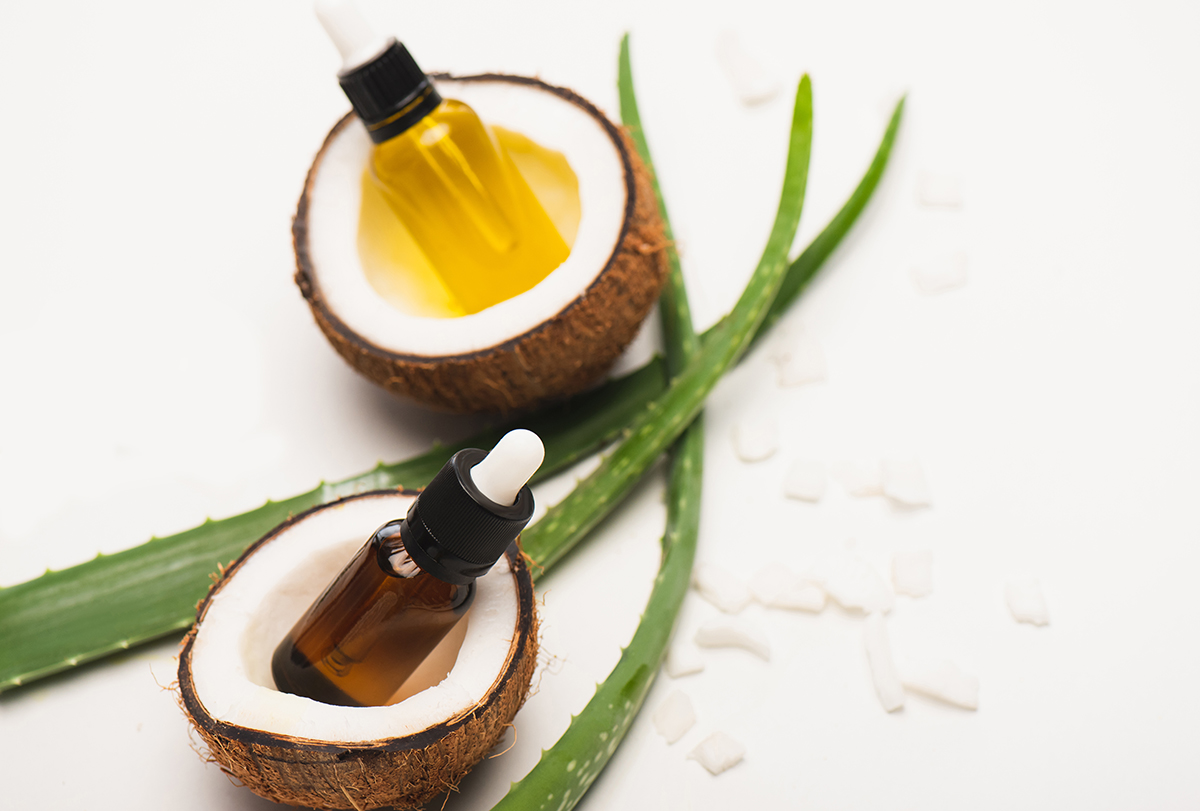
- High fever
- Pain behind the eye
- Body ache
- Loss of appetite
- Headache
What Do Dengue Rashes Look Like?
Dengue rashes are characterized by tiny, pinhead-sized red-colored rashes. The lesions are nonpalpable.
They can sometimes be itchy, which can make you uncomfortable and irritable. They can cause increased sensitivity of the skin and swelling of the palms or soles.
Once you start to recover and your fever diminishes, the rash will also start to go away. (1)
Treating and Managing Dengue Rashes
There are no available treatments that aim at reducing rashes during dengue, and they will only resolve when the dengue fever subsides.
Here are some ways of managing and treating dengue fever and its related symptoms including rashes:
1. Massage the affected area with coconut oil
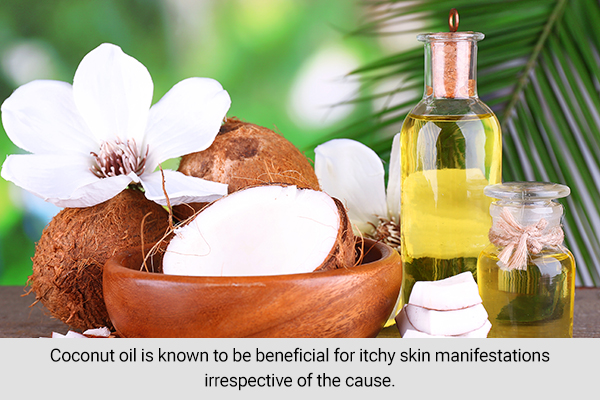
Coconut oil is known to be beneficial for itchy skin manifestations irrespective of the cause. So, it is no surprise that coconut oil is capable of doing wonders in the case of dengue rashes.
Just rub a few drops of coconut oil on the affected area.
Coconut oil is an antimicrobial agent that can fight bacteria, fungi, yeast, viruses, and other pathogens. Therefore, it can be helpful for viral diseases such as dengue. (2)
2. Dab on sodium bicarbonate
Sodium bicarbonate, or baking soda, has been proven to reduce itchiness and irritation, which is important for the management of dengue rashes. Applying a paste of baking soda and water to the affected areas is a great remedy for rashes. (3)
Note: Avoid doing this if you have broken skin.
3. Try these herbal remedies
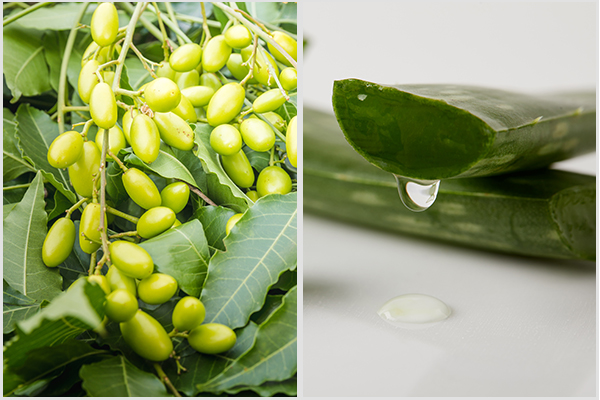
Dengue rashes resolve once dengue fever subsides. Various medicinal plants have therapeutic uses against dengue fever and its symptoms. The use of plant-based medicines is growing as they are much safer, non-toxic, and less harmful than synthetic drugs.
Various phytochemicals with the potential for development for dengue treatment have been isolated from plant species. These plants include: (4)
a. Aloe vera
Aloe vera is an effective way to manage rashes and skin irritation. Fresh aloe vera gel has anti-inflammatory, antiviral, and antioxidant properties. It is rich in vitamins and fatty acids.
Aloe vera also contains antiseptic agents with inhibitory activity against bacteria and viruses. These agents include:
- Lupeol
- Salicylic acid
- Urea nitrogen
- Cinnamonic acid
- Phenols
- Sulfur
Applying aloe vera gel to the affected area might help soothe the itchiness and irritation of the rash. However, if you’re allergic to aloe vera, do not try this remedy. (5)(6)
b. Neem
The leaf extract of neem (Azadirachta indica) is famously applied topically to treat skin issues. Studies have deemed it useful for various types of rashes including acne.
Neem has also been found to have antiviral activity against dengue. (7)
4. Use apple cider vinegar
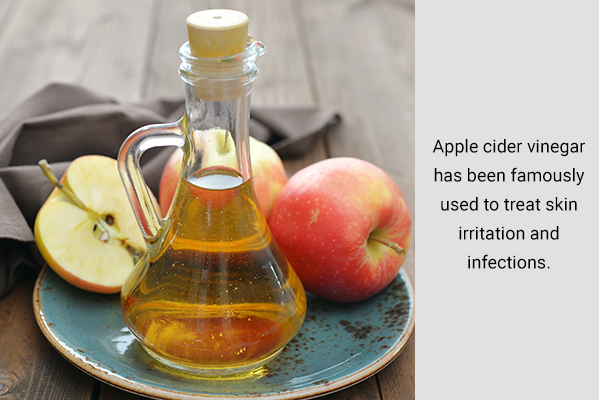
Apple cider vinegar has been famously used to treat skin irritation and infections. This is because of its antimicrobial properties that can curb inflammation or infection.
If you buy apple cider vinegar in concentrated form, you have to dilute it before using it on the affected area. (8)
5. Apply plant oils to relieve discomfort
Using these plant oils can help soothe irritation from dengue rashes.
a. Tea tree oil
Tea tree (Melaleuca alternifolia) is used by the aboriginal people of Australia. The oil from the plant, tea tree oil, is an essential oil that has been used traditionally as an antiseptic and anti-inflammatory agent.
There are also studies that demonstrate the antimicrobial properties of tea tree oil. Thus, it can be considered a useful therapeutic agent for skin ailments such as rash and acne. There is even anecdotal proof that tea tree oil is valuable in skin care. (9)
Note: Use tea tree oil only after diluting it with a carrier oil.
b. Argan oil
Argan oil is extracted from the seeds of Argania spinosa. It contains fatty acids, polyphenols, and sterols. It has been used, traditionally, in the treatment of skin infections and as an ingredient in skin care products.
Furthermore, topical application of argan oil delivers a relaxing effect on the skin that can be good for soothing rashes. (10)
Prevention of Dengue
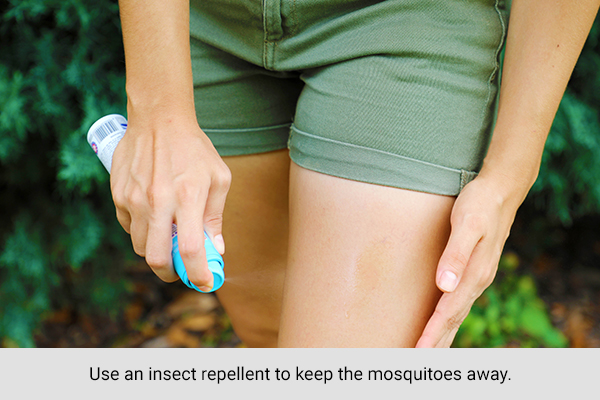
Follow these simple tips to prevent dengue fever: (11)
- Wear clothes that cover your skin properly, especially during dengue season.
- Use mesh screens in your room to keep the mosquitoes outside.
- Use air-conditioning whenever possible.
- Use insect repellents to keep mosquitoes away.
- Be up to date on your dengue vaccination.
- Cover and clean domestic water storage containers.
- Dispose of solid waste properly.
When to See a Doctor
It is important that you keep an eye on dengue rashes and check if they’re increasing or decreasing. An increase in the rashes could indicate a decrease in the platelet count, which would require proper monitoring via medical assistance to prevent complications.
Most-Asked Questions About Dengue Fever
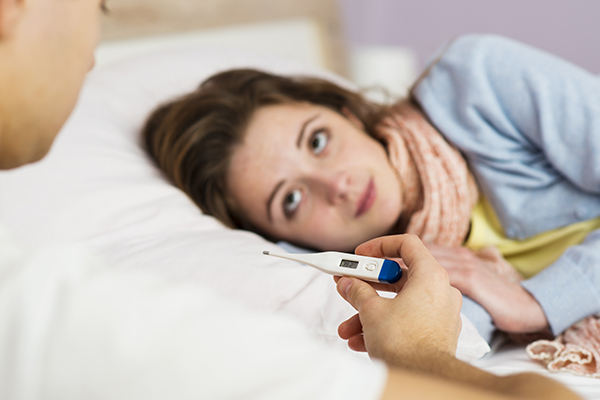
How long does dengue fever last?
The first few symptoms of dengue fever last for 3–7 days. People usually start feeling better after this time frame.
If your dengue fever becomes severe and you have some life-threatening symptoms, seek immediate treatment in a medical facility. (12)
What are the complications of dengue fever in pregnancy?
Dengue fever during pregnancy can cause:
- Miscarriage
- Reduced birth weight
- Premature birth
Can I get dengue fever more than once?
Yes, since there are multiple strains of the dengue virus, it is possible to get it more than once.
Can I take a bath if I have dengue rashes?
Yes, you can bathe normally when infected with dengue fever. It is better to bathe with warm water.
Does itching mean healing in dengue?
Yes, itching may mean that the patient is in the recovery phase of the disease.
How long do dengue rashes last?
The rashes from dengue can last for as little as a day to as long as a week in the majority of cases.
Final Word
Dengue fever is caused by the dengue virus that is spread by a mosquito called Aedes aegypti. It causes symptoms such as fever and body aches, which are common in viral diseases.
Dengue fever also has clinical manifestations such as rashes. Cutaneous manifestations are present in 65% of patients. In fact, skin lesions may be the first symptom of dengue fever and can be helpful for making the diagnosis.
- Was this article helpful?
- YES, THANKS!NOT REALLY


